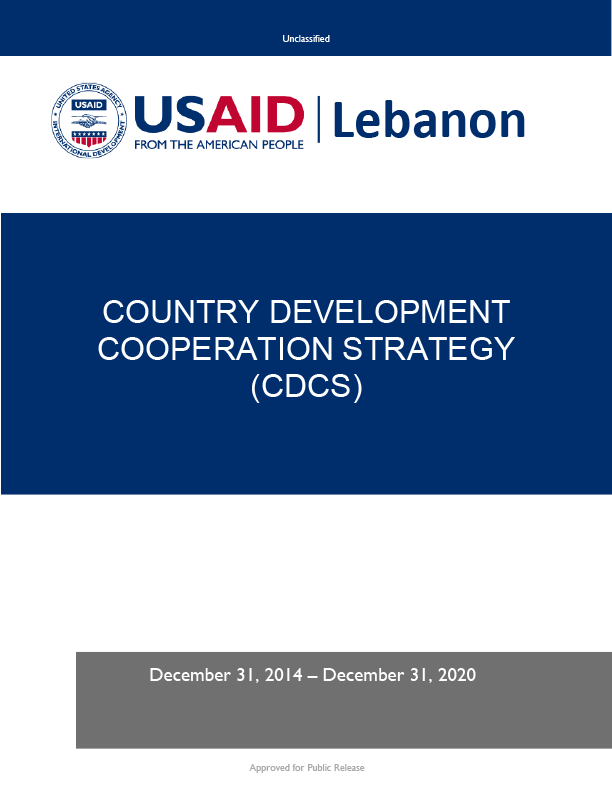Speeches Shim
Steeped in history and with a rich cultural heritage, modern Lebanon is today characterized by sectarian divisions and pressures from external forces that undermine attempts to build a cohesive national culture. Recently, the conflict in Syria has placed additional pressure on Lebanon as refugees arrived in unprecedented numbers. By mid-2014, Lebanon had given refuge through its “open door” policy to over one million Syrian refugees, the equivalent of 25 percent of the country’s population. The spillover from the Syria crisis has undermined security, weakened the economy, and put excessive pressure on the delivery of services already under strain. Schools are over-crowded, basic health delivery services are overwhelmed, food prices have escalated, refugees are competing with the Lebanese for jobs, and political and sectarian clashes have intensified. Tensions between Lebanese host communities and the Syrian refugee population are also growing.
U.S. foreign policy supports the country’s sovereignty and promotes stability through a range of assistance. During this 2014-2019 strategy period, USAID will reinforce this policy by improving the quality of public services available to the average Lebanese citizen, and by expanding economic opportunity. By providing improved public services, including schools, USAID programs serve to counter extremism. Further, capitalizing on its programs and working relationships, USAID will help Lebanon address the needs of vulnerable communities struggling to deal with declining income prospects and a growing refugee population; for example, with regard to education, livelihoods and access to potable water. USAID’s work will be carried out in cooperation with local and regional governmental entities, the Ministry of Education and Higher Education, and with civil society and the private sector.
This Country Development Cooperation Strategy (CDCS) proposes an overarching goal of “improved accountability and credibility of public institutions, and broader economic prosperity.” This goal supports the broader U.S. objective of achieving stability in Lebanon, and it aligns with various Government of Lebanon strategy pronouncements. Development Objective 1 – improved capacity of the public sector in providing transparent, quality services across Lebanon – reflects a program emphasis on enhancing the quality and availability of basic education, on addressing water quality and municipal level service delivery issues, on promoting accountability and transparency in public institutions, and on strengthening the ability of non-governmental organizations and civil society generally to effectively participate in and contribute to democratic governance.
Under Development Objective 2 – inclusive economic growth enhanced – USAID will work towards increasing the competitiveness of Lebanon’s private sector by strengthening the advocacy role of business associations, improving trade linkages, increasing access to finance credit especially in rural areas, addressing labor market issues, and providing for job-focused formal higher education and technical training for vulnerable groups.



Comment
Make a general inquiry or suggest an improvement.